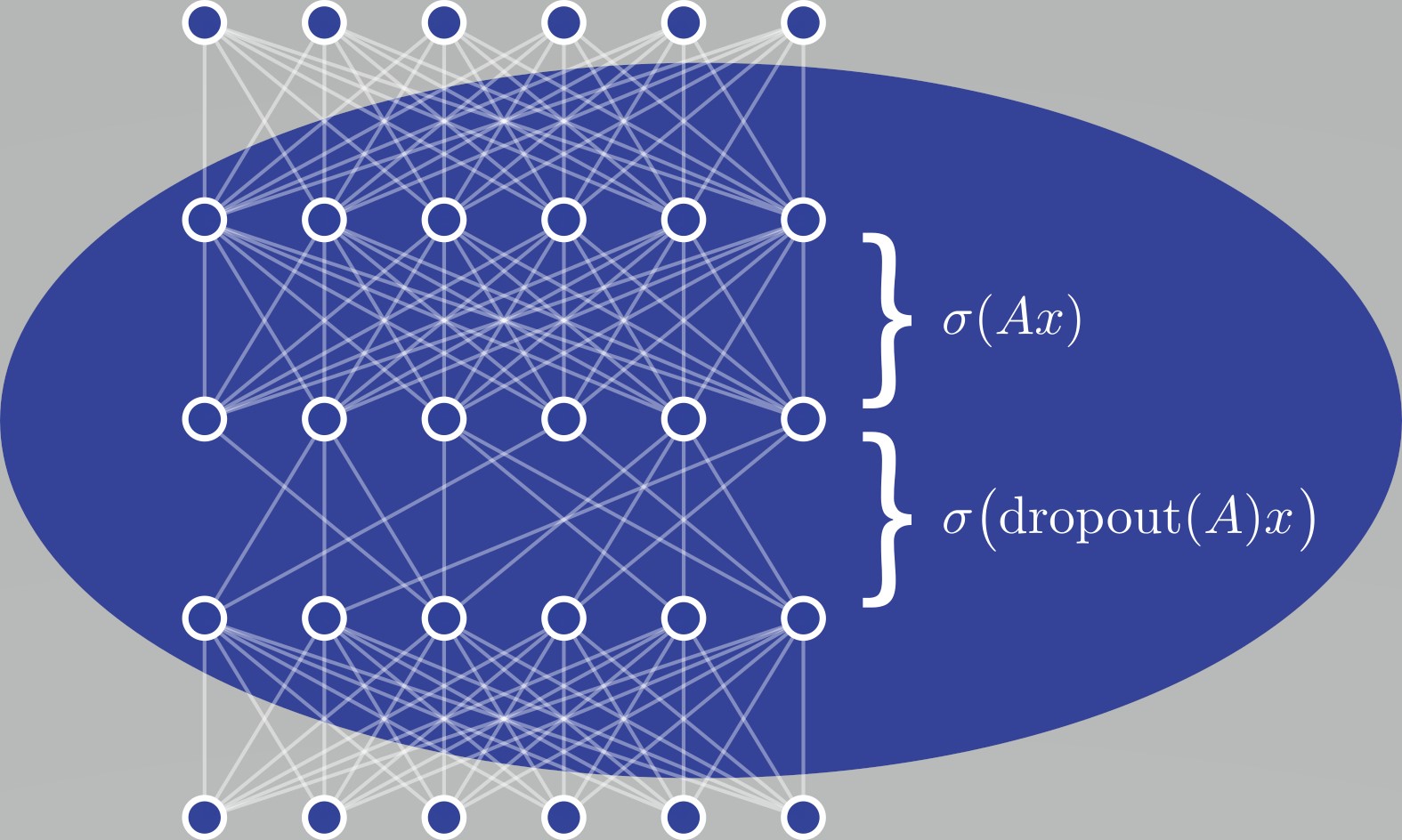
MATH 391 Section PW3: Mathematics of Machine Learning
Spring 2024 Pre-Session Course
Dr. Animesh Biswas will be teaching MATH 391 Section PW2: Mathematics for Machine Learning during the Spring 2024 Pre-Session. Enroll now as this course is in danger of being cancelled due to low enrollment! This 3 credit hour course will count has an Advanced Math course for the Math major or minor, and we will work with each student to see how it would best fit within their Math major option (i.e., a substitution for a 400-level Advanced Math course might be possible).
There are two primary goals we’ll work to achieve in this course:
• understand mathematics of optimization which is an important tool in machine learning,
• Implement these ideas using computer programming tools such as Matlab/Python.
We will discuss the following topics in our class.
• Partial derivative and Gradient.
• Vector spaces.
• optimization with constraints (convex or non-convex domain).
• Implementation with Matlab/Python.
In this course, we will discuss central mathematical topics that belong to the field of linear algebra, calculus in three dimensions, and optimization. The list of topics include vector spaces, differentiation in higher dimensions, gradient descent method, optimization over convex/nonconvex domain, neural networks, implementation with Matlab/Python. No previous background in this area is needed. We start with the multi-variable calculus and set up the basics about chain rule, gradient. We also discuss some basics about vector spaces such as linear independence, dimension of vector spaces, null spaces. After going through these materials, we will introduce the idea of optimization in the convex domain, based on the knowledge of multi-variable calculus. The methods of machine learning are far-reaching in many areas of current research in mathematics, however, students will be presented with the essential mathematical content that will give them the backbone to understand machine learning, its opportunities, and its challenges. Students, by the end of this course, will be able to employ machine learning algorithms to solve benchmark problems and to see the limitations of existing algorithms. Projects that lead to interesting results may lead to publication of the paper in an undergraduate journal.
Tentative Grades for the course will be computed as follows:
• Homework 40%
• Class Activities 30%
• Project 30%
Class Time: 9:00 – 12:00 NOON
Jan 02 – Jan 19, Web Conferencing
Please contact Dr. Biswas at abiswas2@unl.edu if you have questions!